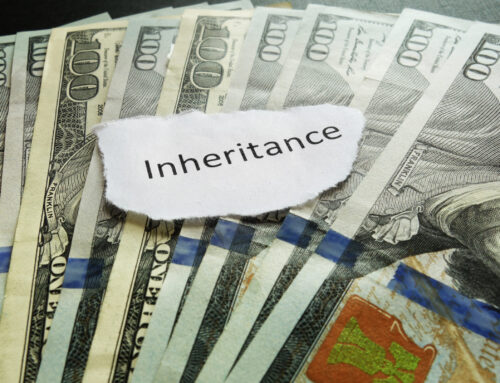In estate planning, “portability” refers to a provision in the federal estate tax law that allows a surviving spouse to use any unused portion of his or her deceased spouse’s federal gift and estate tax exemption. This option can be especially powerful because it allows wealth to pass more efficiently between spouses without requiring complex trust arrangements.
For 2026, the One Big Beautiful Bill Act permanently increases the gift and estate tax exemption to $15 million, indexed for inflation annually. Even with the now “permanent” high exemption amount, a portability election is still important. Permanent just means the amount doesn’t have an expiration date. Lawmakers can still pass future legislation that reduces the exemption amount. This could result in the surviving spouse’s estate relying on the deceased spouse’s unused exemption amount to avoid unnecessary taxes.
Choosing portability can simplify planning, particularly for couples who may not have highly complex estates. Rather than creating and funding a credit shelter trust, the surviving spouse can preserve the unused exemption through a timely election on the deceased spouse’s estate tax return.
That said, portability isn’t always the best option for every family. For example, it only applies to the federal estate tax exemption — not state-level estate taxes, which may have lower thresholds and different rules. Trust planning, by contrast, can provide more control, creditor protection and tax efficiency in certain situations.
Be aware that portability isn’t automatically available; it requires the deceased spouse’s executor to make a portability election on a timely filed estate tax return. Unfortunately, many estates fail to make the election because they’re not liable for estate tax and, therefore, aren’t required to file a return.
If your spouse died within the last couple of years, and you anticipate that your estate will owe estate tax, consider having your spouse’s estate file an estate tax return to elect portability. Ordinarily, an estate tax return is due within nine months after death (or 15 months with an extension), but a return solely for the purpose of making a portability election can usually be filed up to five years after death.




